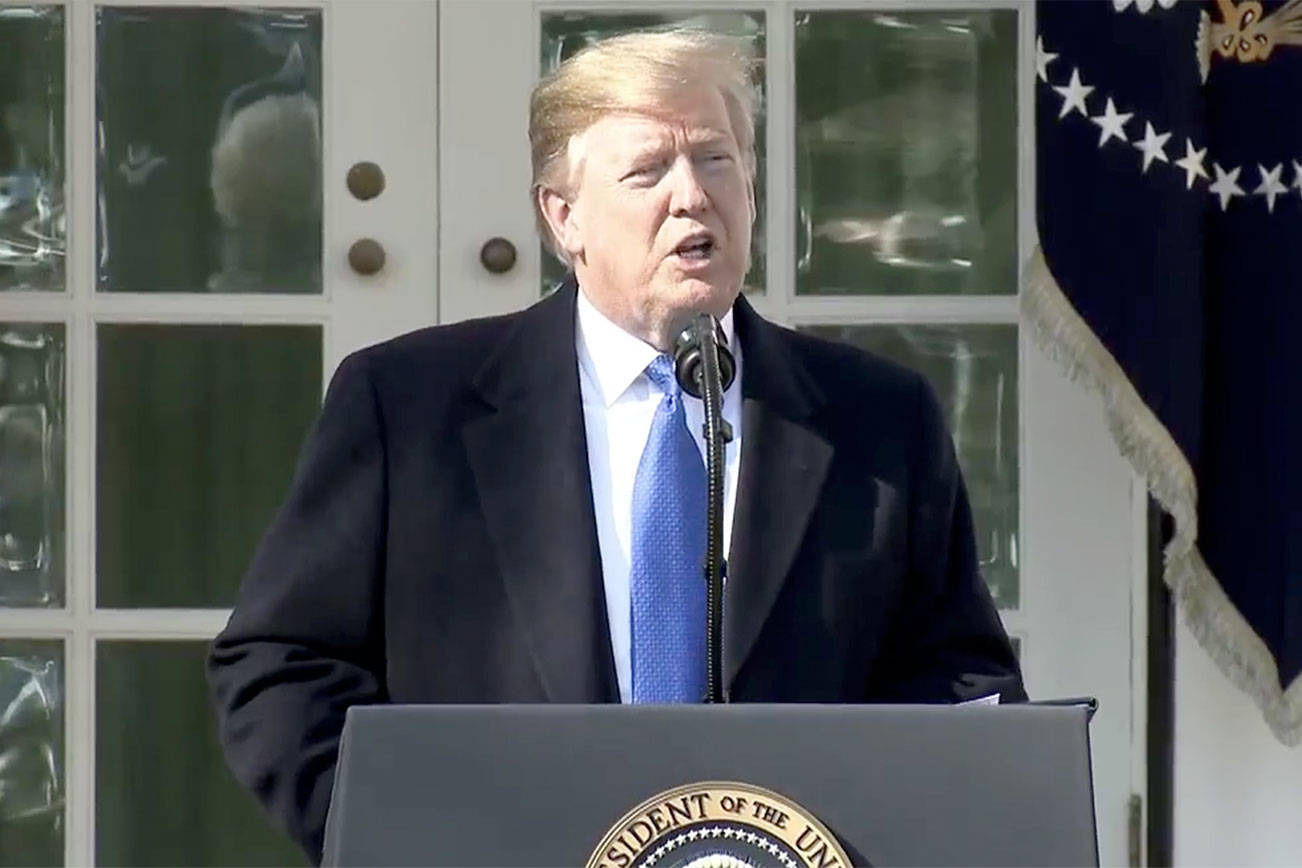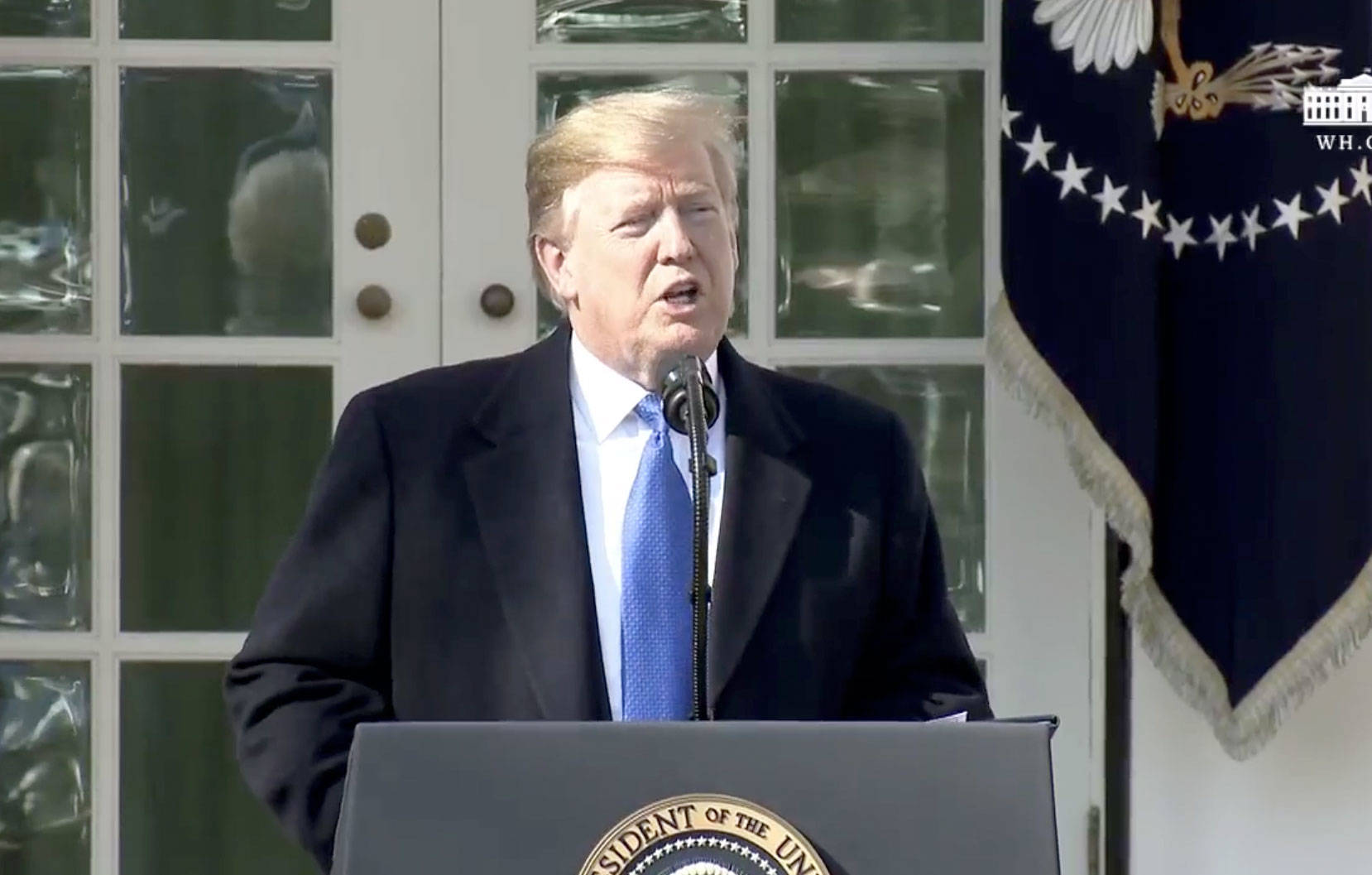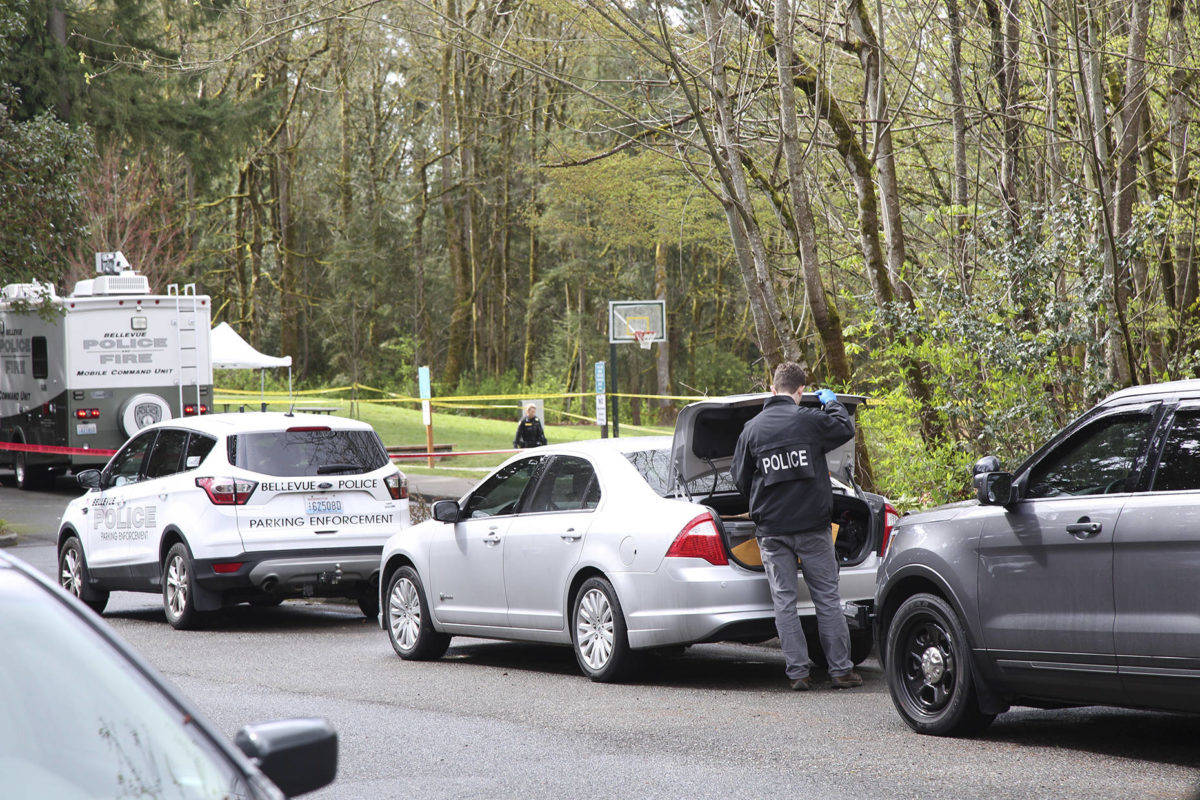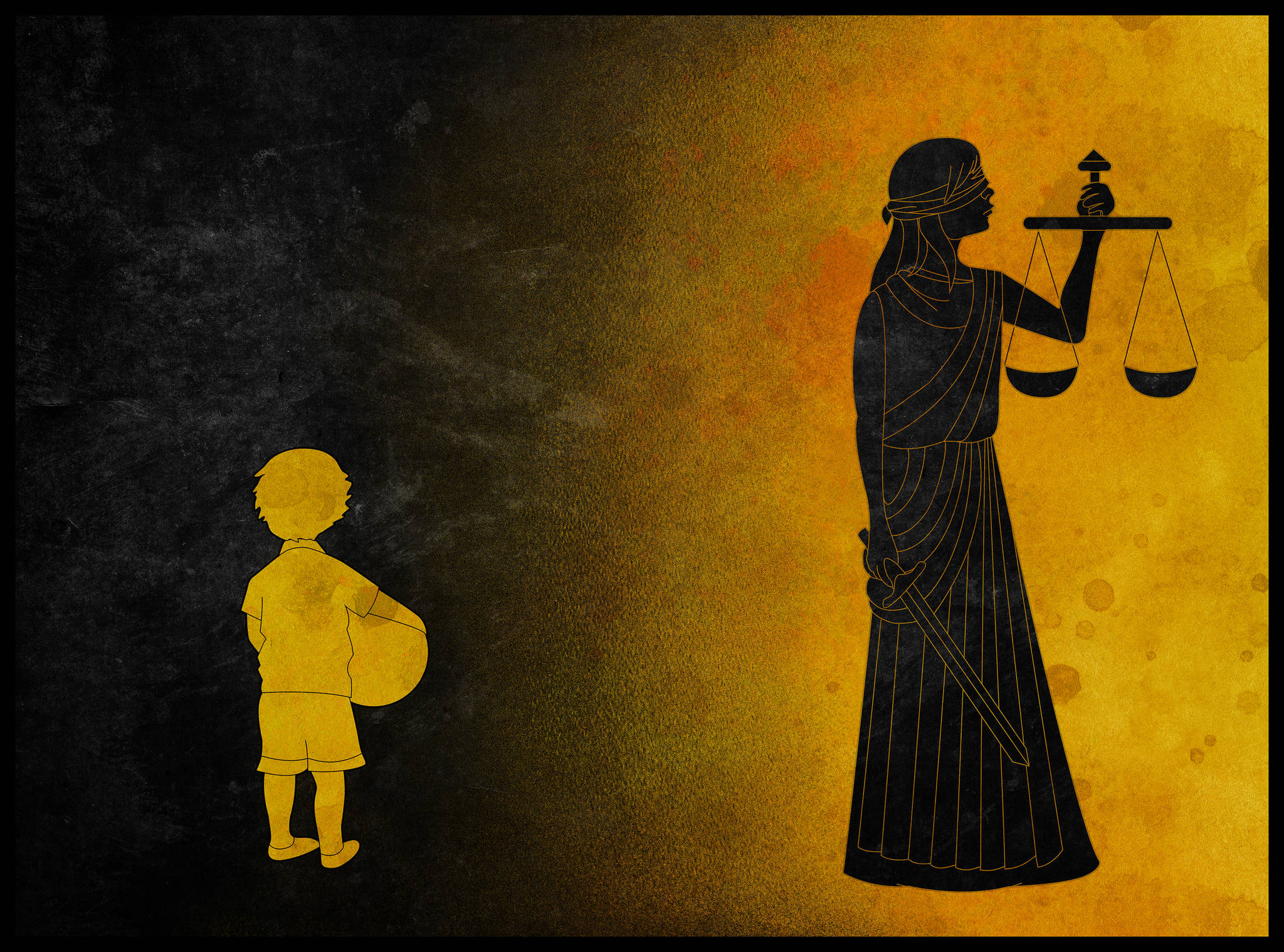President Donald Trump declared a national emergency Friday morning to secure $8 billion in funding for a border wall, a proposed project that was a centerpiece of his 2016 election campaign. The impact to Washington state remains unclear.
The announcement was made during a press conference in the White House’s Rose Garden. Funding for the wall will come from a mix of federal counter-drug and military construction funding, and will be used to create 200 miles of steel slats along the 1,900-mile border between the U.S. and Mexico. Around half of that length contains natural obstacles, and previous administrations have already built around 650 miles of barriers.
Some $600 million will come from the Treasury Department forfeiture fund, $2.5 billion from the Defense Department’s counter-drug fund, and $2.6 billion from the Pentagon’s military construction budget, which is the only category of funding the president could not use without declaring a national emergency. This is on top of $1.4 billion that Congress gave the president for border security and immigration enforcement by agencies like ICE as part of a budget deal to fund the government.
Numerous lawsuit announcements are already springing up to block the funding reallocation. One of the first comes from Citizens for Responsibility and Ethics in Washington (CREW). The organization was on the front lines of lawsuits that questioned international funds going toward Trump’s hotels. In their lawsuit, CREW argues that more information is needed from the federal government on the emergency declaration.
Washington state Attorney General Bob Ferguson issued a statement Thursday when Congressional Republicans announced Trump would declare a national emergency to build his wall. Ferguson said his legal team will review the declaration and look to sue the White House if federal funds originally intended for Washington state are interrupted. Ferguson’s communications director Brionna Aho said the office is working to figure out what specific funding would be used to fund the wall and how that affects the state. “I don’t think we’ll have any more updates until we figure out what funding has been identified,” Aho said on Friday.
Others plan to file suits of their own. California’s Gov. Gavin Newsom announced today that he would sue the president. The American Civil Liberties Union (ACLU) said it would challenge Trump’s emergency declaration, with more details expected to be released early next week. The ACLU has been a consistent opponent of Trump’s policies over the course of his presidency and has won several legal battles against his White House. “The ACLU will argue that President Trump’s use of emergency powers to evade Congressional funding restrictions is unprecedented,” according to the ACLU, which references the president’s own language. “He just grew impatient and frustrated with Congress, and decided to move along his promise for a border wall ‘faster.’ ”
UW School of Law professor Lisa Manheim is an author and expert on presidential powers. A book she co-authored, The Limits of Presidential Power: A Citizen’s Guide to the Law, explores the principles that surround the struggles among courts, Congress, and presidents. “It’s troubling to me to see another legal controversy being funneled into the courts,” Manheim said. “Prior presidents have avoided pushing the legal limits in the extreme way president Trump has been pushing them. That helps to preserve the legitimacy of our infrastructure and the rule of law more generally.” She explained that many presidents before Trump had declared national emergencies, and even Trump had announced others before this border wall declaration. What sets this action apart, she said, is that never before has a president relied on a proclamation of a national emergency to achieve what could not be done through a grant of authority by Congress. The president argues, however, that Congress authorized his actions with its approval of the 1976 National Emergencies Act, the vehicle he’s using to redirect funding.
There are different ways to stop Trump’s action, Manheim said. Congress could pass a law prohibiting the president from spending money on these projects, and such a mechanism exists in the 1970s law. But a veto would have to be overcome. If the courts conclude that the president has overstepped his legal authority, the courts have the power to block his actions going forward if they aren’t legal.
Friday’s declaration is another blow directed at immigrant communities, said Monserrat Padilla, director of the Washington Immigrant Solidarity Network. Padilla said the spending deal agreed to by both Democrats and Republicans in Congress also includes more funding for ICE and Customs and Border Protection, which have increased raids against all classes of immigrants under Trump’s watch. The central concern at the border is a human-rights issue, she said. “There’s pain. There’s a responsibility to have to validate our humanity. To have to validate our experiences and to do above and beyond what is asked from any other person in this country,” Padilla said.
Vox reported that the spending bill approved by Congress does not include a cap on the number of beds that ICE can use for immigration enforcement within the U.S. Republicans have stated they could increase the number of beds, while Democrats argue these numbers will be reduced.
Immigration raids have happened across King County even as local officials have barred law enforcement from working with federal immigration agents. Other areas of the state have openly collaborated with ICE, such as law enforcement in Yakima and Spokane counties. Trump’s immigration policies, including the emergency declaration, have caused fear in immigrant communities for both documented and undocumented people. The Trump administration has even created a denaturalization task force designed to strip some immigrants of their citizenship. “We have an administration that will stop at nothing to hunt our communities, to terrorize our communities,” Padilla said.
During his Rose Garden speech, Trump reiterated his claim that the lack of a full border wall was a security crisis. Conflating immigrants with criminals has been a common theme of Trump’s presidency. “We’re talking about an invasion of our country with drugs, with human traffickers, with all types of criminals and gangs,” Trump said. During the same speech, Trump praised China’s president for that country’s use of the death penalty for drug dealers. Trump said the U.S. could “end the drug problem, can end it a lot faster than you think.”
It was unclear whether the declaration would spark protests similar to those seen after previous actions from the Trump administration. Following Trump’s announcement in 2017 that he would be limiting entrance to the U.S. from several Muslim-majority countries, large protests took place throughout Puget Sound and in SeaTac Airport. Protests were being organized by MoveOn for President’s Day across the country, but as of publication, none were scheduled in King County.









